Heart Transplant Cost in India
Unlock Exclusive Discount : Your Gateway to Premium Healthcare with Medsurge India Health Value Card.

Unlock Exclusive Discount : Your Gateway to Premium Healthcare with Medsurge India Health Value Card.


Looking for an affordable and safe heart transplant in India? India is one of the most trusted treatment destinations for both Indian and international patients. With state-of-the-art cardiac transplant infrastructure, internationally accredited hospitals, and highly experienced heart transplant surgeons, India offers world-class heart transplant treatment at a significantly lower cost.
Patients benefit from advanced surgical techniques, excellent success rates, and comprehensive post-transplant care, making India a preferred destination for heart transplant procedures.
A heart transplant is a major and life-saving surgical procedure in which a failing or diseased heart is replaced with a healthy donor heart. The donor heart is taken from a person who is brain-dead but otherwise healthy. This procedure is usually recommended for patients with end-stage heart failure or severe heart disease who do not respond to medication or other treatments.
The following symptoms may suggest that a heart transplant is required:
Heart failure can result from various conditions that weaken or damage the heart, including:
On average, the heart transplant cost in India ranges from $20,000 to $35,000 (₹18 Lakhs to ₹32 lakhs), although the exact cost depends on several factors. With state-of-the-art hospitals and renowned oncologists, India provides high-quality heart cancer treatment at affordable costs, attracting patients from India and abroad.
Several factors that may affect the final cost are:
The overall cost of a heart transplant typically includes pre-transplant evaluations, the transplant surgery, hospital and ICU stay, medications, and post-transplant follow-up care. In India, these costs may vary depending on the city and hospital. Major centers offering heart transplant services are located in Delhi, Mumbai, Chennai, and Bangalore, each known for advanced cardiac care and experienced transplant teams.
| City | Approx. Cost |
| Delhi | $1500 to $4,000 |
| Gurgaon | $1500 to $3,500 |
| Mumbai | $1500 to $3,000 |
| Chennai | $1500 to $4,000 |
| Bangalore | $1500 to $3,000 |
Note: Actual costs may vary depending on the hospital, procedure type, and individual treatment plan.
Heart transplant costs for international patients may vary depending on the complexity of the procedure, hospital facilities, and the surgeon’s expertise.
The duration of stay in India significantly impacts the total cost of a heart transplant for international patients. A longer hospital or ICU stay can increase overall expenses, along with additional costs for accommodation, medications, follow-up tests, and attendant stay.
Heart transplant in India is highly advanced yet costs nearly one-fourth of the price in Western countries, making it a safe, efficient, and affordable option for both domestic and international patients. The table below highlights the approximate cost difference.
| Country | Approx. Surgery Cost (USD) |
| India | $35,000 to $55,000 |
| USA | $800,000 to $1,200,000 |
| UK | $250,000 to $400,000 |
| Germany | $200,000 to $350,000 |
| UAE | $180,000 to $300,000 |
Step-by-step explanation of the heart transplant procedure is:
There are two major types of heart transplant procedures:
A heart transplant offers several benefits for patients with severe heart failure:
Like other surgical procedures, a heart transplant also carries some side effects and risks, such as:
Preventing heart failure involves healthy lifestyle choices and managing underlying conditions:
Recovery after a heart transplant is a gradual process that requires close monitoring. Patients need to spend several days in the ICU and a few weeks in the hospital for proper monitoring and stabilization. After discharge, regular follow-up visits, medications to prevent rejection, and lifestyle adjustments are essential. Many patients can return to their normal activities within a few weeks, while full recovery may take a few months.
India is one of the best destinations for a heart transplant, as the country offers advanced medical technologies, skilled cardiac surgeons, and a high success rate at significantly lower costs than Western nations.
India has some of the top NABH and JCI-accredited hospitals with state-of-the-art facilities and modern surgical tools to ensure precision and safety. These hospitals report a survival rate of 90-95%, meeting international quality benchmarks.
Additionally, shorter waiting times and personalized patient care make India an attractive choice for both Indian and international patients.
Yes, insurance can cover a heart transplant in India for both Indian and international patients.
For Indian patients, heart transplants are typically covered under comprehensive health plans, critical illness policies, and government schemes such as Ayushman Bharat. Typically, expenses such as hospitalization, surgery, ICU stay, and post-operative care are covered, while donor-related costs and long-term medications may be partially covered or excluded.
Heart transplants can be covered by insurance for even international patients, but it depends on the global health policy. Patients must confirm their foreign insurer covers procedures in India and review specific conditions such as eligibility, direct billing options, pre-authorization requirements, and documentation needed for international claims.
| Estimate Type | Estimated Cost (USD) |
|---|---|
| Total Package Estimate | USD 20,000 – USD 35,000* |
*Final cost depends on hospital, patient condition, and additional procedures/devices if required. Share your reports to get an accurate quote.
Estimated cost range in India: USD 20,000 – USD 35,000*
*For an accurate quote and hospital options, share your reports and preferred city/hospital.
The cost of a heart transplant in India depends on various factors such as hospital choice, type of transplant, duration of ICU and hospital stay, surgeon’s expertise, anesthesia, diagnostic tests, and follow-up care.
There is no fixed upper age limit for a heart transplant, but most candidates are usually under 70 years, depending on overall health and medical fitness.
Heart transplant success rates in India are high, with 1-year survival rates typically 80-90%, comparable to global standards, and 5-year rates around 65-75%.
A heart transplant surgery typically lasts about 4 to 6 hours, depending on the patient’s condition and surgical complexity.

Cardiac Surgeon
Director , MBBS, MS, MCh,
31 years of experience Chennai , India
MGM Healthcare, Chennai
View Doctor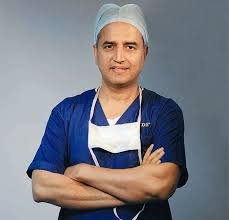
Cardiac Surgeon
Chairman
40+ years
Narayana Multispeciality Hospital, Bangalore
View Doctor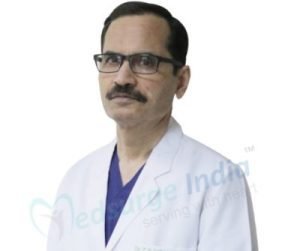
Cardiac Surgeon
Director MBBS, MS, MCh
28 years of experience
Fortis Escorts Heart Institute, New Delhi
View Doctor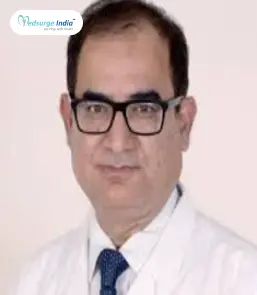
Cardiac Surgeon
Director
23 years of experience
Max Hospital Saket, New Delhi
View Doctor
Cardio Thoracic Surgeon
Director , MBBS, MS, MCh
23+ years of experience
Global Hospitals, Chennai
View Doctor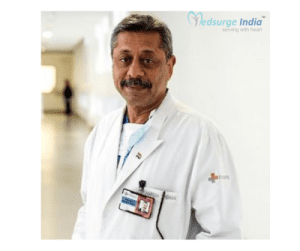
Cardio Thoracic Surgeon
Chairman
44+ years
Medanta - The Medicity, Gurgaon
View Doctor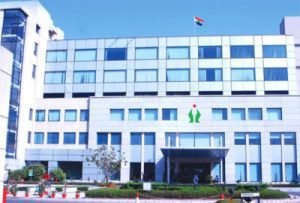
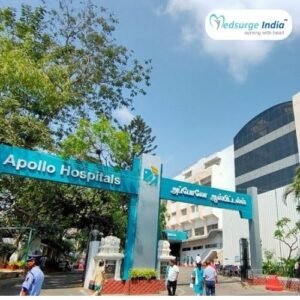
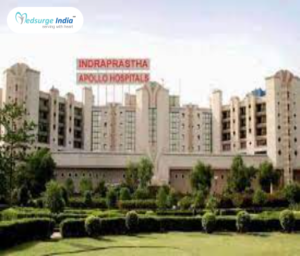
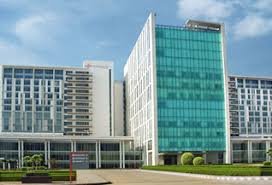
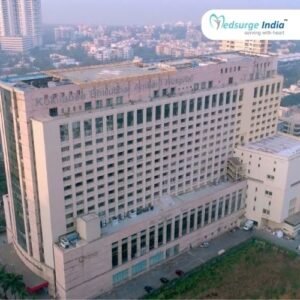
By using our site, you agree to our Terms and Conditions, Privacy Policy and Refund Policy. Medsurge India provides reliable healthcare information and treatment options to support informed decision-making. Our content is designed to support and complement the guidance of your treating doctor, helping you feel informed and confident throughout your healthcare journey. We also Accept International Payments.

Copyright © 2025 NSM ONLINE SOLUTIONS PRIVATE LIMITED. All rights reserved.